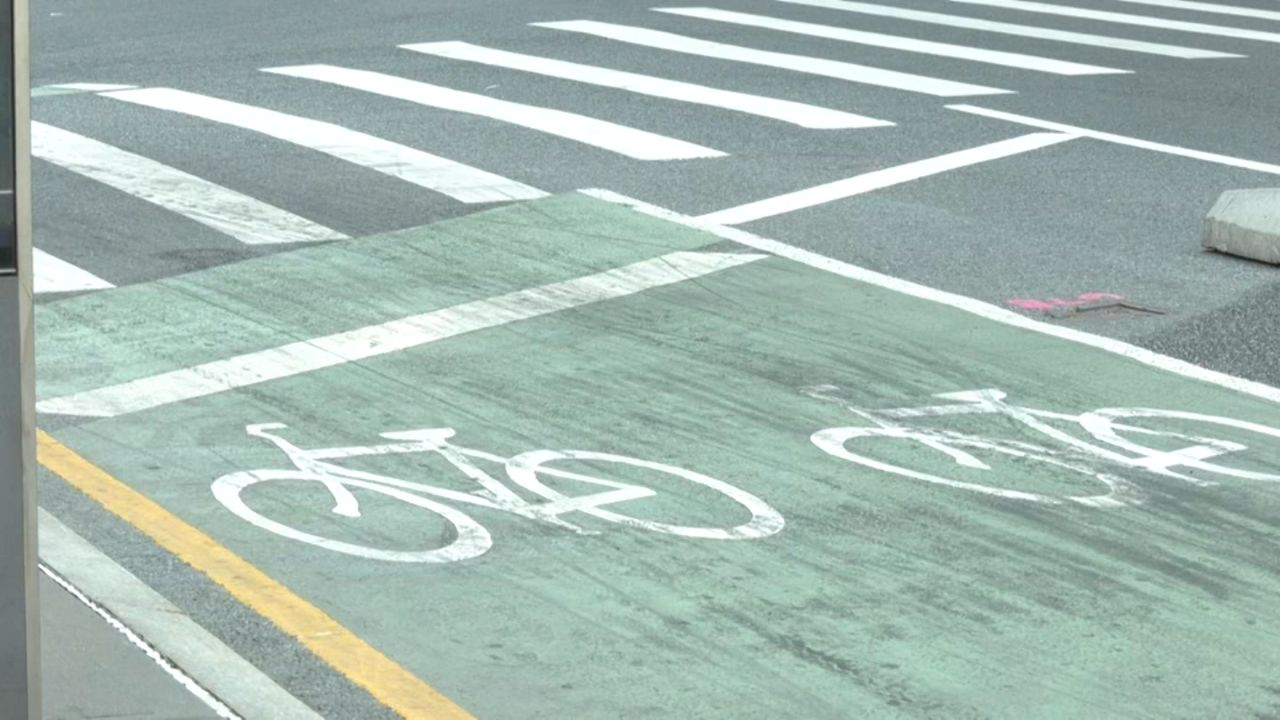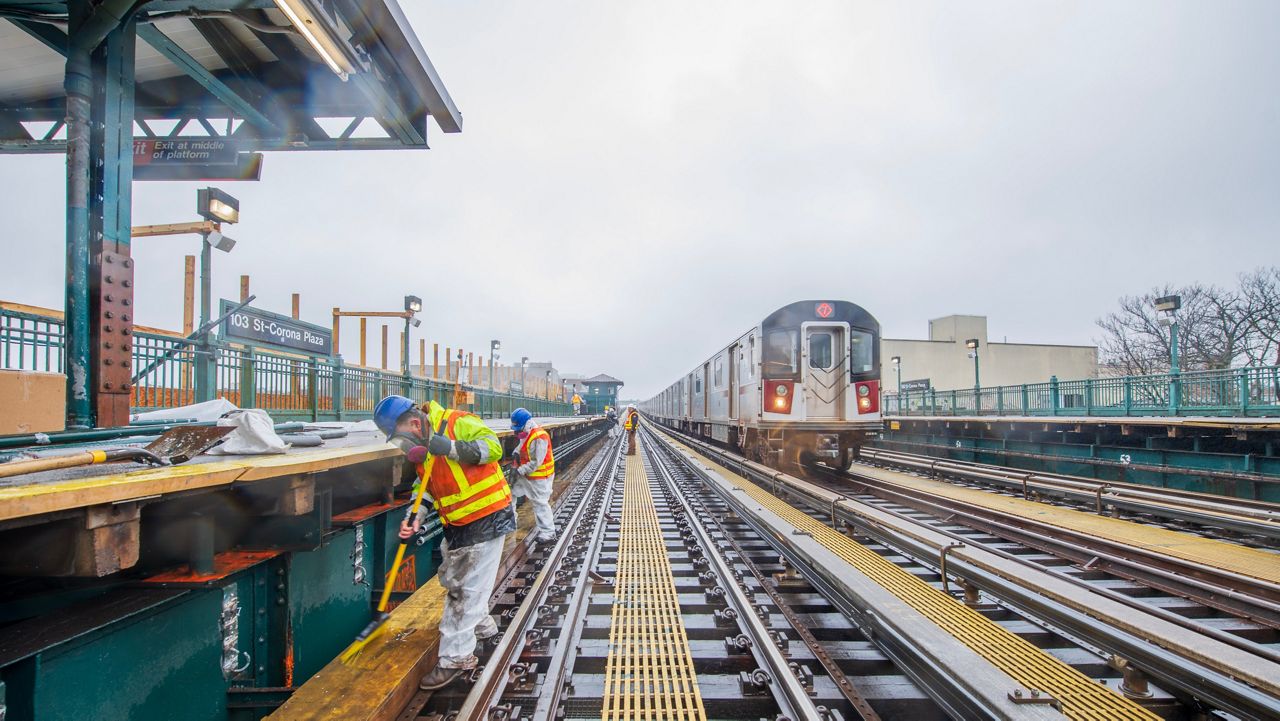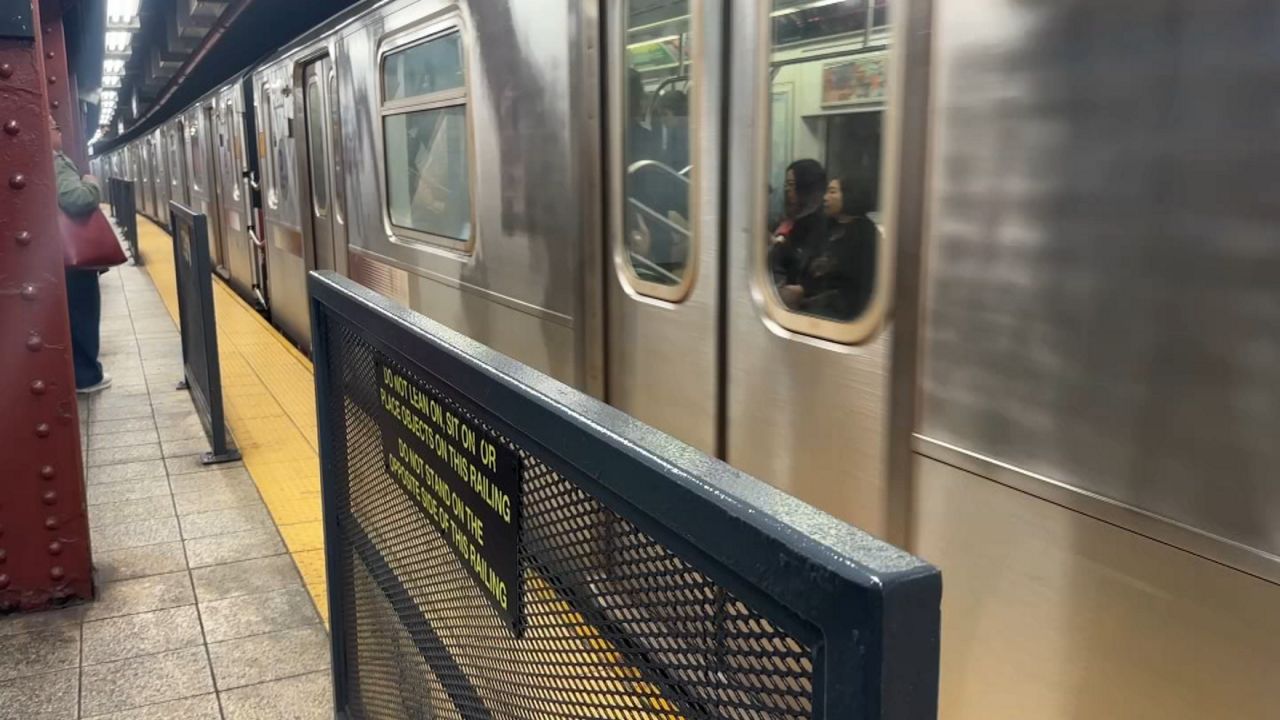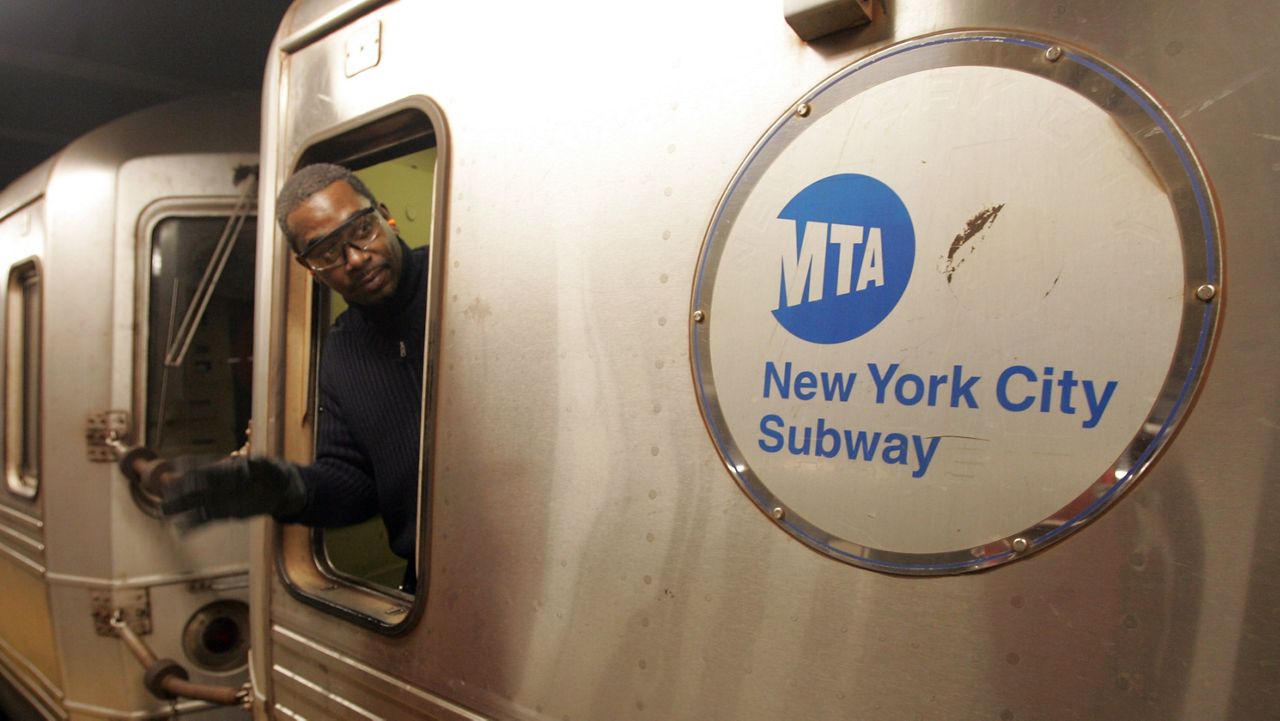NEW YORK - Most New Yorkers know William Bratton as the city's hard-charging top cop who oversaw the NYPD under Mayor Rudy Giuliani and returned 16 years later as police commissioner under Mayor de Blasio.
But before that, Bratton was chief of the New York City Transit Police, which operated apart from the NYPD to patrol the subways—that is, until the transit force was merged into the NYPD in 1995.
- MTA Board Approves $17B Budget, Includes $249M for 500 Transit Officers
- Viral Video of Churro Lady in Cuffs Sparks Protest Against MTA's Police Plan
- Officials: Man Charged in Viral Subway Shove a Career Transit Criminal
"Now, under the central leadership of a police commissioner and the CompStat process, transit would be right there with housing with all the patrol bureaus, the boroughs, of the NYPD," Bratton says.
But riders are again seeing a second force in the subway.
After a spike in farebeating and homelessness, Govenor Cuomo last summer ordered the MTA's own police force to expand beyond the commuter railroads to patrol the subway system.
Those patrols will soon increase. The MTA voted to expand the force by 300 cops, and hire 200 more to fill projected vacancies.
Some transit advocates say it's a waste of money at a time when subway crime actually fell 3 percent last year.
Bratton supports the deployment, but warns of potential downfalls.
“The devil, as always the case, is in the details of how it occurs,” Bratton says.
But many of those details have not been worked out, raising questions whether the MTA is re-creating problems that ended when the Transit Police and the NYPD merged.
"You can't find too many municipalities that have two different police agencies with different commissioners, different training and different radios policing in the same place. it's a big challenge," says Joe Fox, former NYPD Transit Bureau Chief.
Fox says the questions range from which force will be in charge of a crime scene, to how officers from the two forces will communicate with each other.
The MTA has provided few details about strategy and deployment other than saying its officers will focus on fare evasion, homelessness, and protecting transit workers, as well as on crime.
The MTA is in talks to train the officers at a Nassau County Police Department facility, meaning they could be trained differently than NYPD officers.
Dorothy Schulz, a retired commanding officer with the old Metro North Railroad police force, says she is confident that MTA officers will adapt.
"They should be viewed as equally competent, equally able to handle your problems maybe in some cases, more so," she says.
The first 150 new MTA officers will be deployed later this winter.









